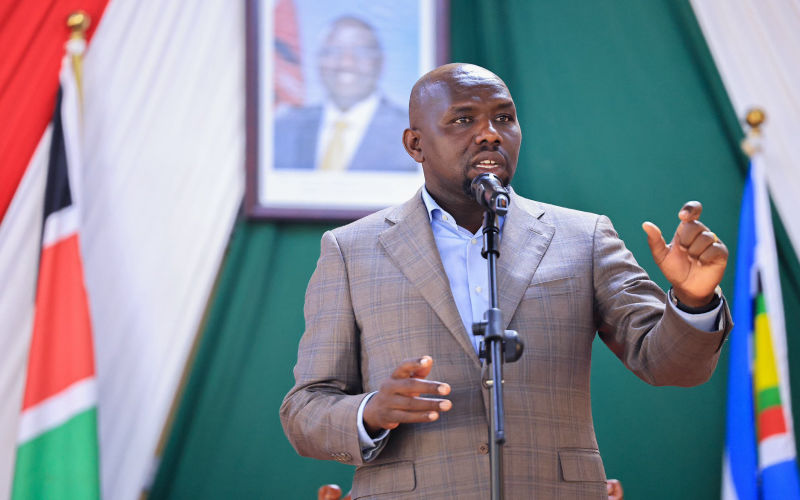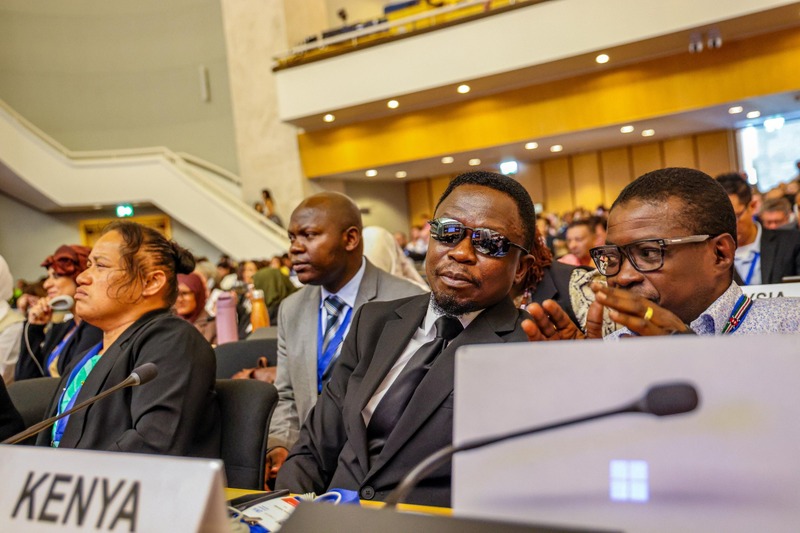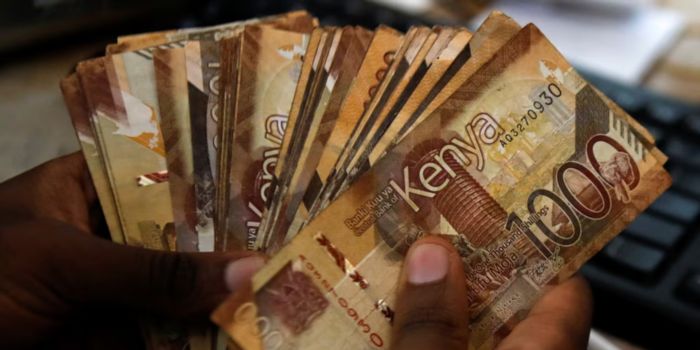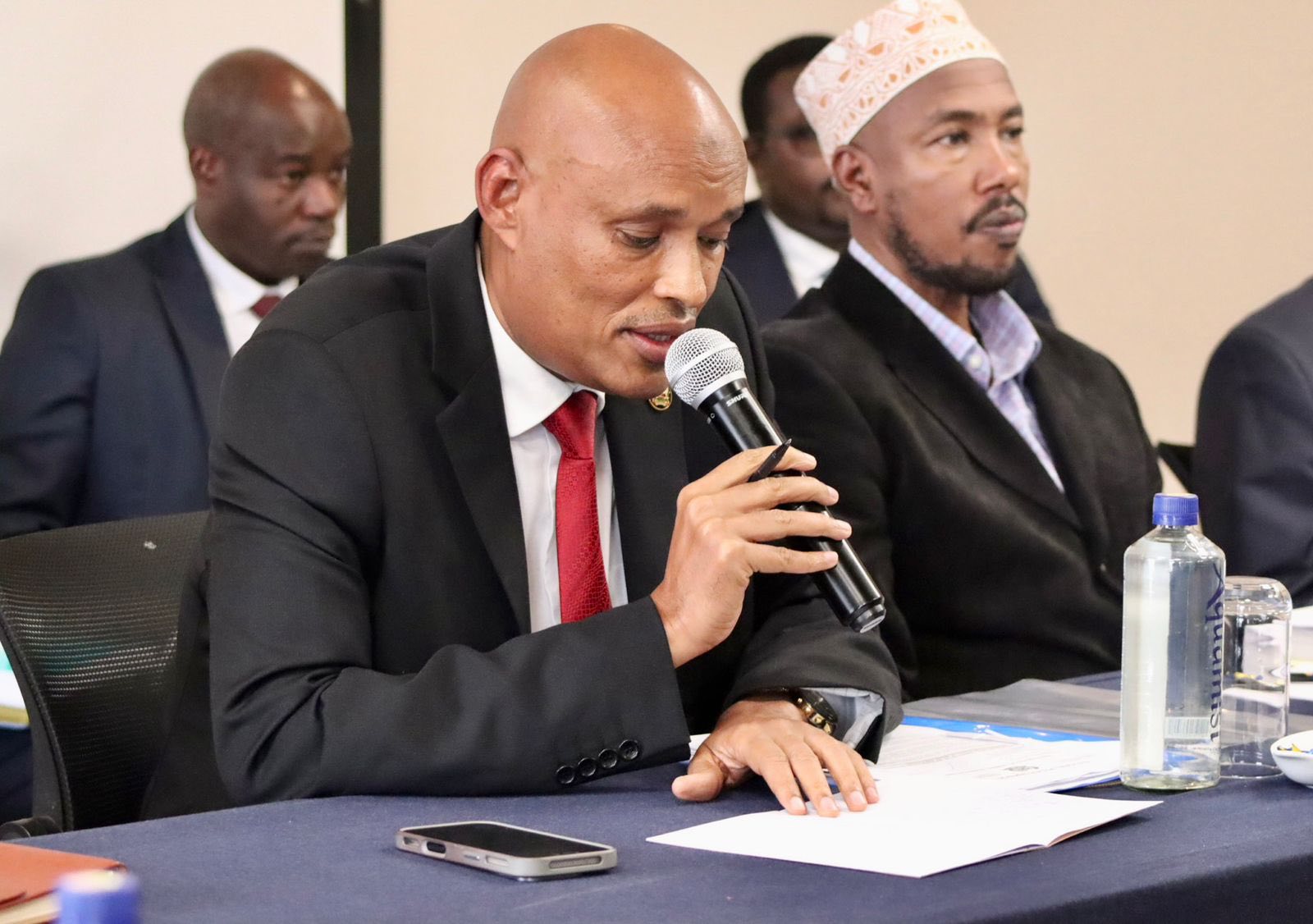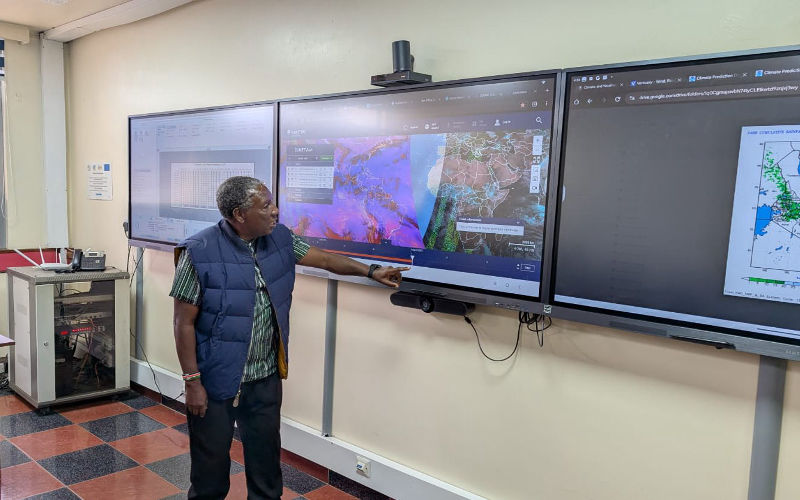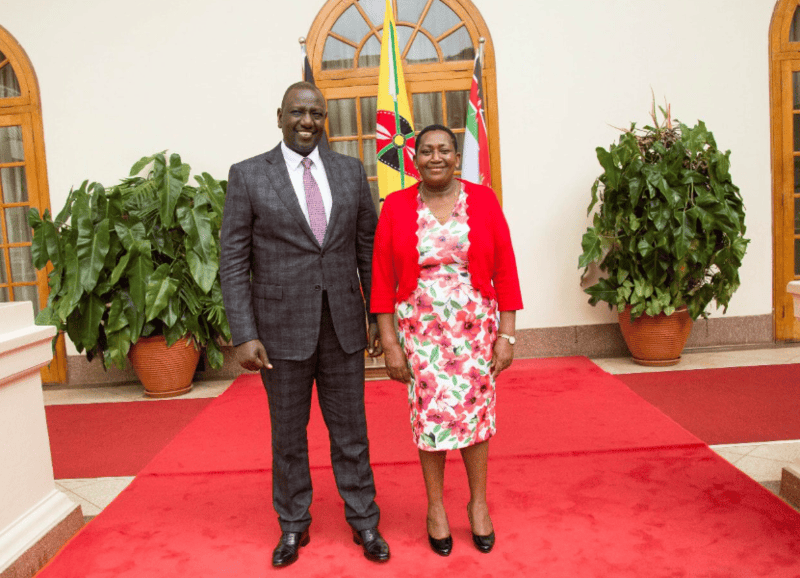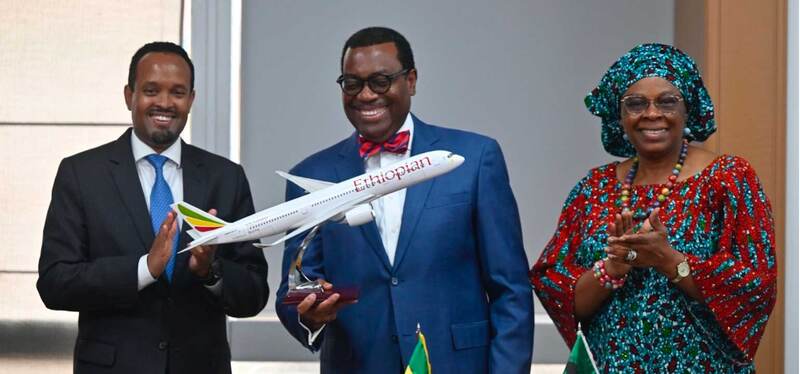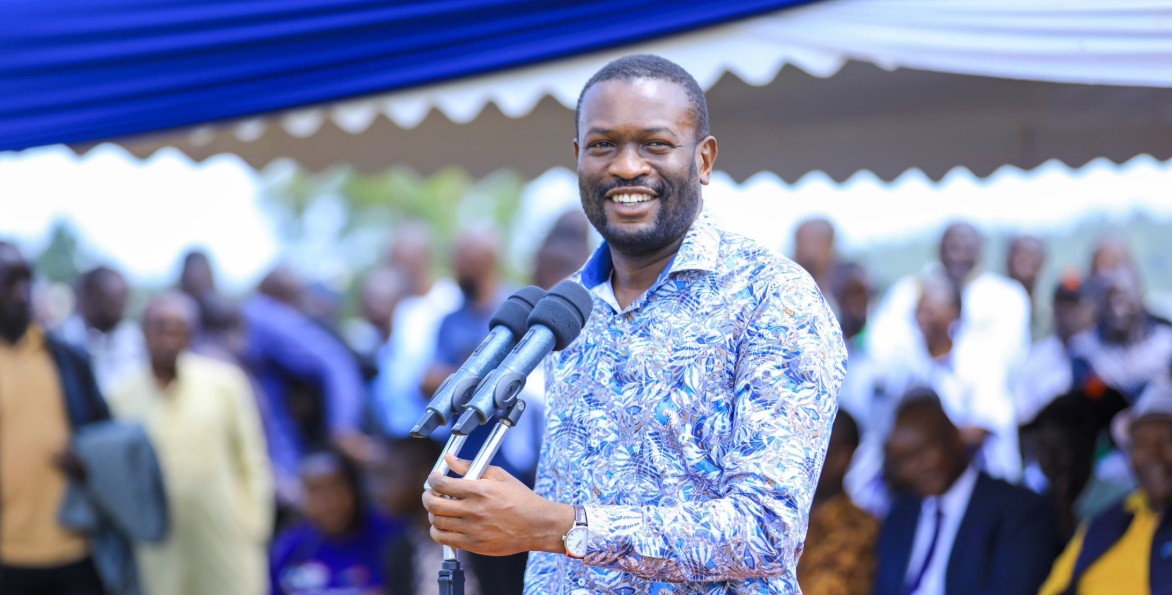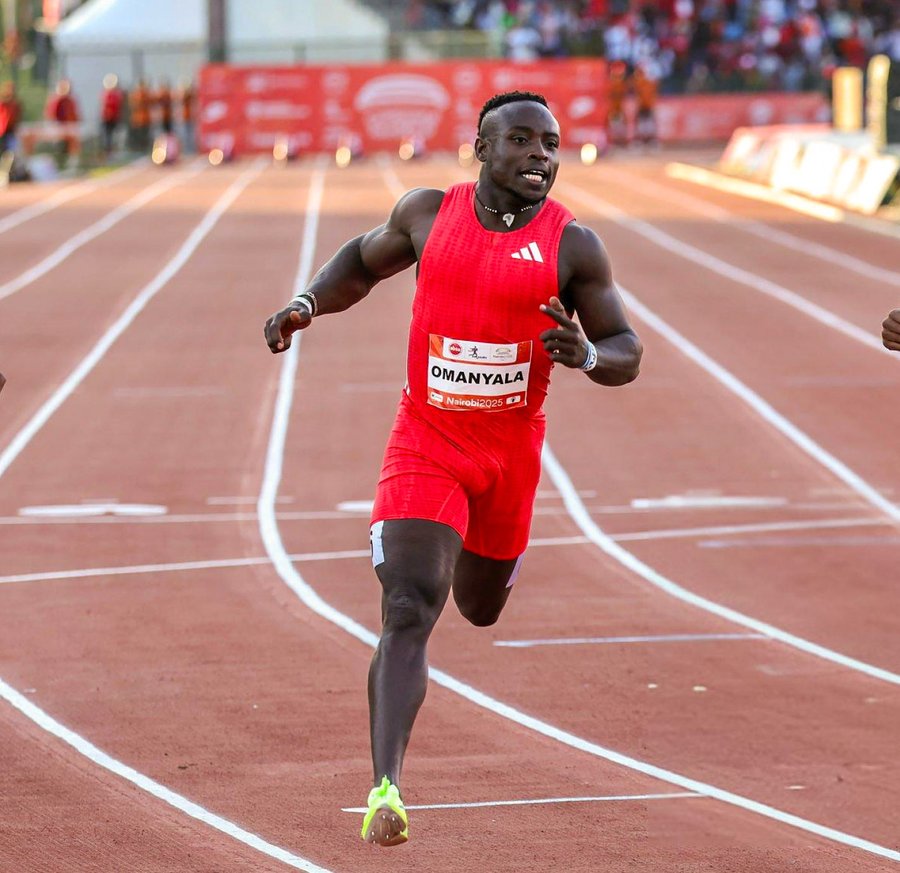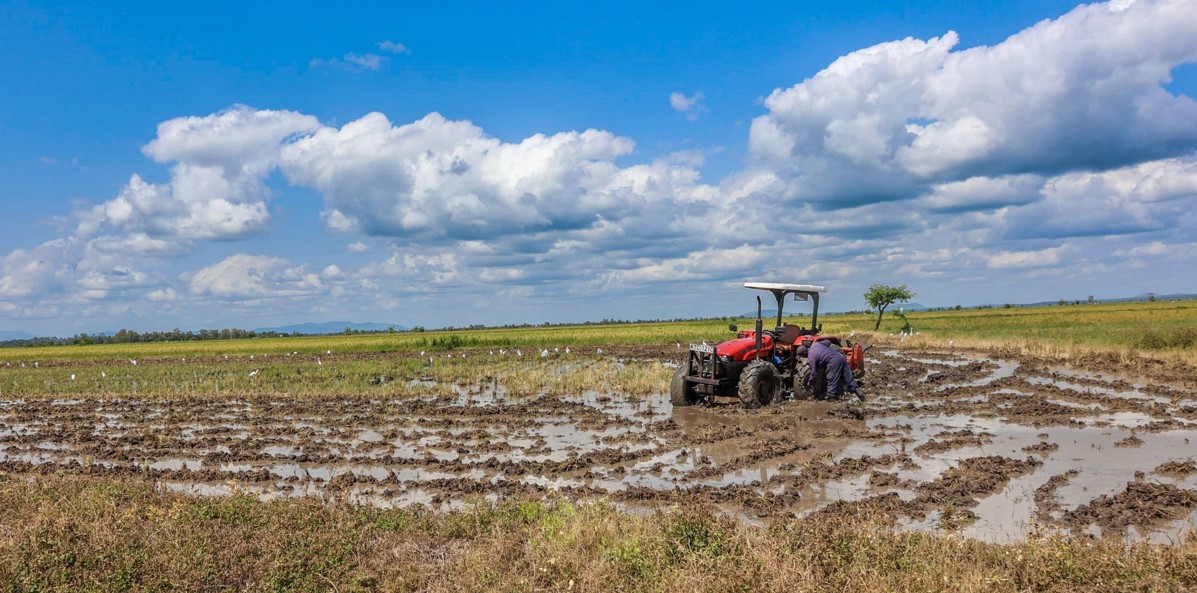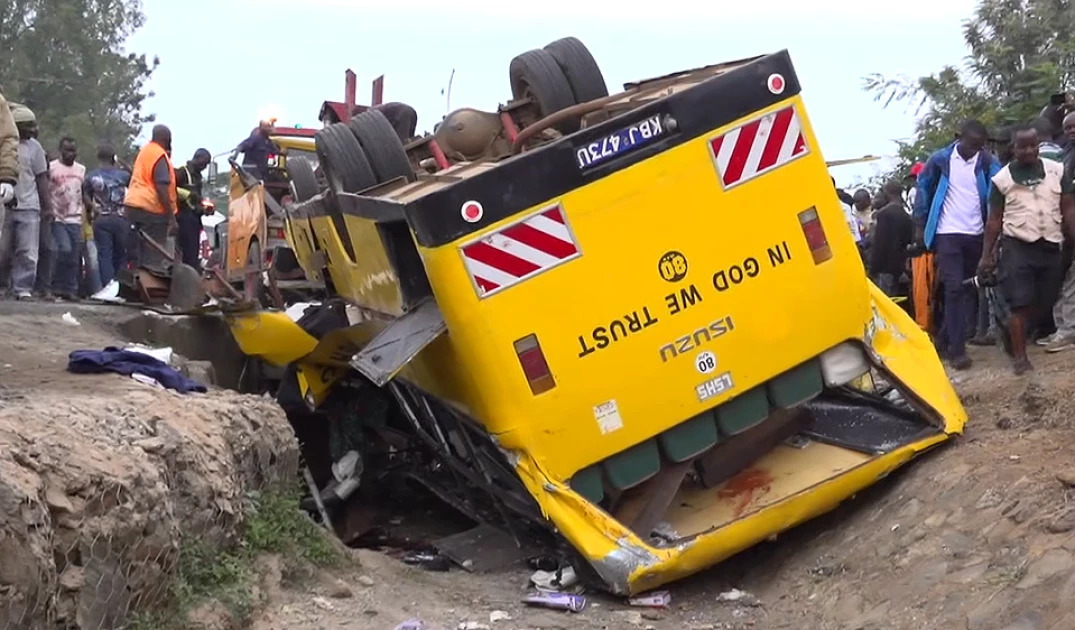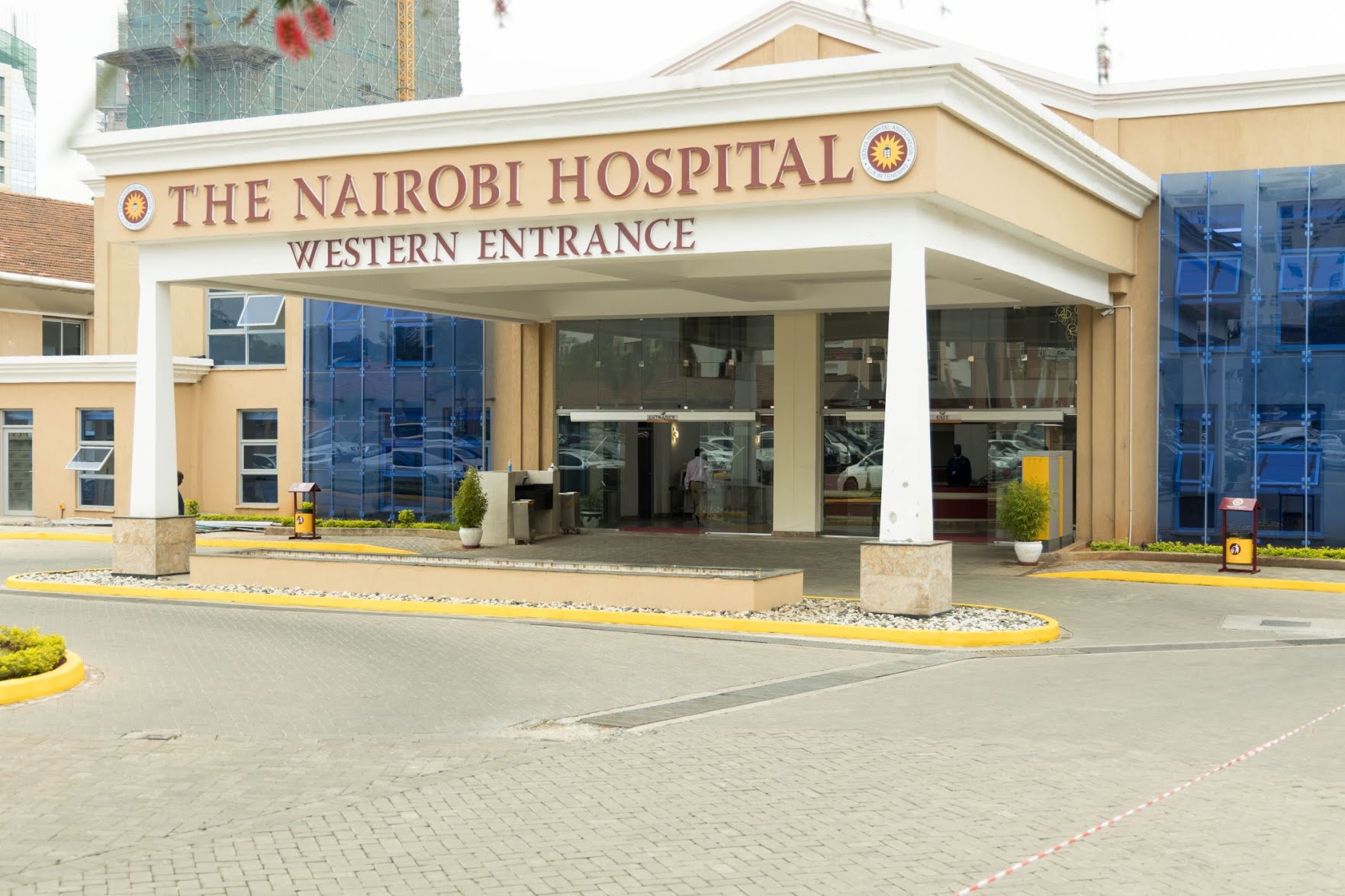President Erdogan concedes defeat in Turkey local polls
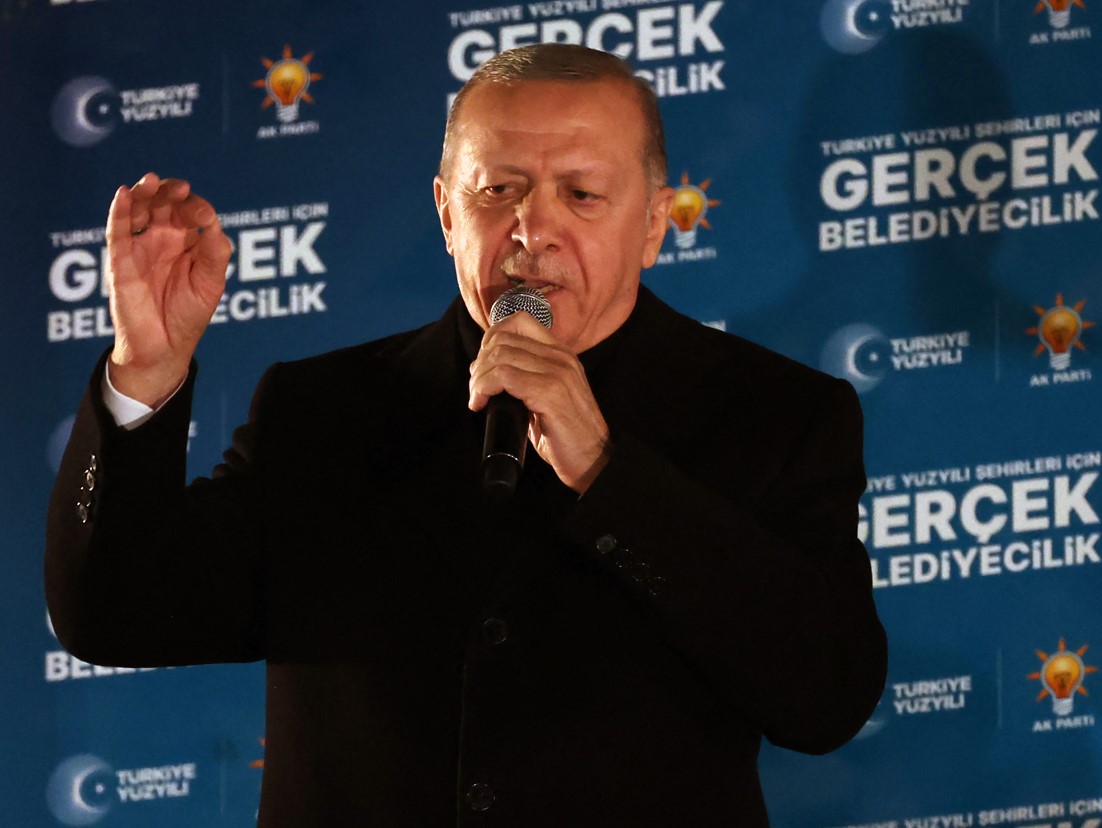
Erdogan, 70, had launched an all-out personal campaign to win back Istanbul, the economic powerhouse where he was once mayor.
Turkish President Recep Tayyip Erdogan conceded defeat on Sunday in the country's local elections, saying the vote was a "turning point" for his party after two decades in power.
Partial results from across the nation of 85 million people showed major advances for the Republican People's Party (CHP) at the expense of Erdogan's Justice and Development Party (AKP).
More To Read
- Somali, Turkish presidents hold talks to deepen cooperation on security, energy and development
- Mixed signals from Mogadishu as initial Ethiopia-Somaliland deal talks end with no resolution
- Turkey, Ethiopia have had close ties for many years: Somalia's maritime deals may shift dynamics
- Turkey local election: Opposition's CHP party leading in key cities
- Voting under way in Turkey local elections
- Somalia President meets Turkish counterpart, discusses maritime defence deal, Al-Shabaab war
Istanbul's mayor, the opposition's Ekrem Imamoglu, claimed re-election with nearly all ballot boxes opened, telling a euphoric crowd of supporters: "Tomorrow is a new spring day for our country."
Final results are expected to be released on Monday by the country's electoral commission.
Erdogan, 70, had launched an all-out personal campaign to win back Istanbul, the economic powerhouse where he was once mayor.
Large crowds filled the square outside the opposition party's Istanbul city headquarters waving Turkish flags and lighting torches to celebrate the result.
After casting his vote, Imamoglu emerged to applause and chants of "Everything will be fine", the slogan he used when he first took the city hall from the AKP in 2019.
The 52-year-old is increasingly seen as the biggest rival to Erdogan's AKP ahead of the next presidential election in 2028.
In Ankara, mayor Mansur Yavas -- also of the CHP -- claimed victory in front of large crowds of supporters, declaring "The elections are over, we will continue to serve Ankara".
"Those who have been ignored have sent a clear message to those who rule this country," he added.
Yavas led with 58.6 per cent of the vote to 33.5 per cent for his AKP opponent, with 46.4 per cent of ballot boxes opened.
Opposition supporters celebrated victory in Izmir, Turkey's third-largest city, as well as in the southern city of Antalya.
Some AKP stronghold towns were at risk of being lost, results indicated.
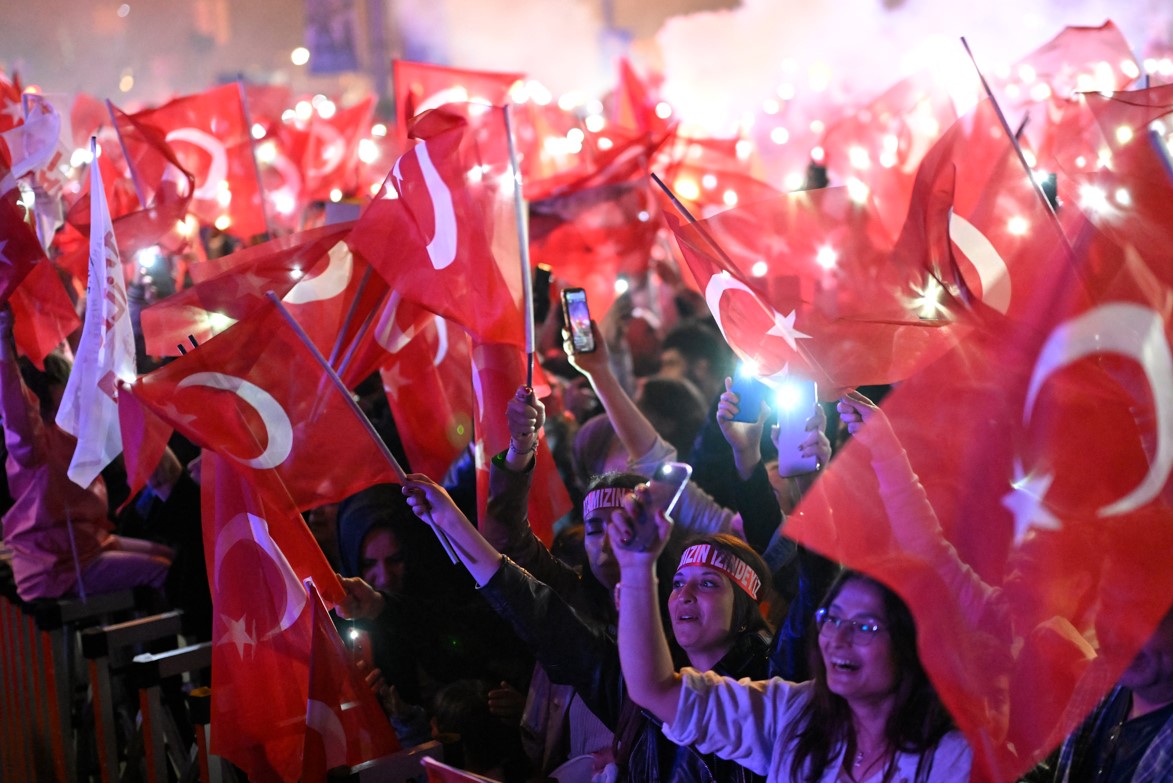 Opposition Republican People's Party (CHP) supporters celebrate outside the main municipality building following municipal elections across Turkey, in Istanbul on March 31, 2024. (Photo: YASIN AKGUL/AFP)
Opposition Republican People's Party (CHP) supporters celebrate outside the main municipality building following municipal elections across Turkey, in Istanbul on March 31, 2024. (Photo: YASIN AKGUL/AFP)
"Voters have chosen to change the face of Turkey," said CHP chairman Ozgur Ozel as the results emerged.
"They want to open the door to a new political climate in our country."
'Respect the decision'
Erdogan acknowledged the electoral setback in a speech to supporters at the headquarters of his party.
"Unfortunately, we have not obtained the results that we wanted," he told a subdued crowd.
"We will of course respect the decision of the nation. We will avoid being stubborn, acting against the national will and questioning the power of the nation," he added.
Erdogan has been president since 2014 and won a new term in May last year. He had called Istanbul the national "treasure" when launching his campaign to retake the city.
But while he dominated the campaign, his personal role did not help overcome the widespread concerns over the country's economy.
"Everyone is worried about the day-to-day," said 43-year-old Istanbul resident Guler Kaya as she voted.
"The crisis is swallowing up the middle class. We have had to change all our habits," she said. "If Erdogan wins, it will get even worse".
Although opposition parties had been fractured ahead of the poll, analysts predicted a stormy political future for the AKP and its allies.
Berk Esen, an academic at Sabanci University, said that the CHP had pulled off "the biggest election defeat of Erdogan's career".
"Despite an uneven playing field, government candidates have lost even in conservative strongholds. This is the CHP's best results since the 1977 elections," Esen said on his social media account.
Unrest in southeast
"Whoever wins Istanbul, wins Turkey," Erman Bakirci, a pollster from Konda Research and Consultancy, recalled Erdogan once saying.
The election was held with the country reeling from an inflation rate of 67 per cent and having seen the lira currency slide from 19 to a dollar to 32 to a dollar in one year.
Clashes were reported in Turkey's Kurdish-majority southeast, leaving one dead and 12 wounded, a local official told AFP.
The pro-Kurdish DEM party said it had identified irregularities "in almost all the Kurdish provinces", in particular through suspicious cases of proxy voting.
Observers from France were refused access to a polling station in the region, according to the Lawyers' Association MLSA.
About 61 million people were eligible to vote for mayors across Turkey's 81 provinces, as well as provincial council members and other local officials.
Top Stories Today
